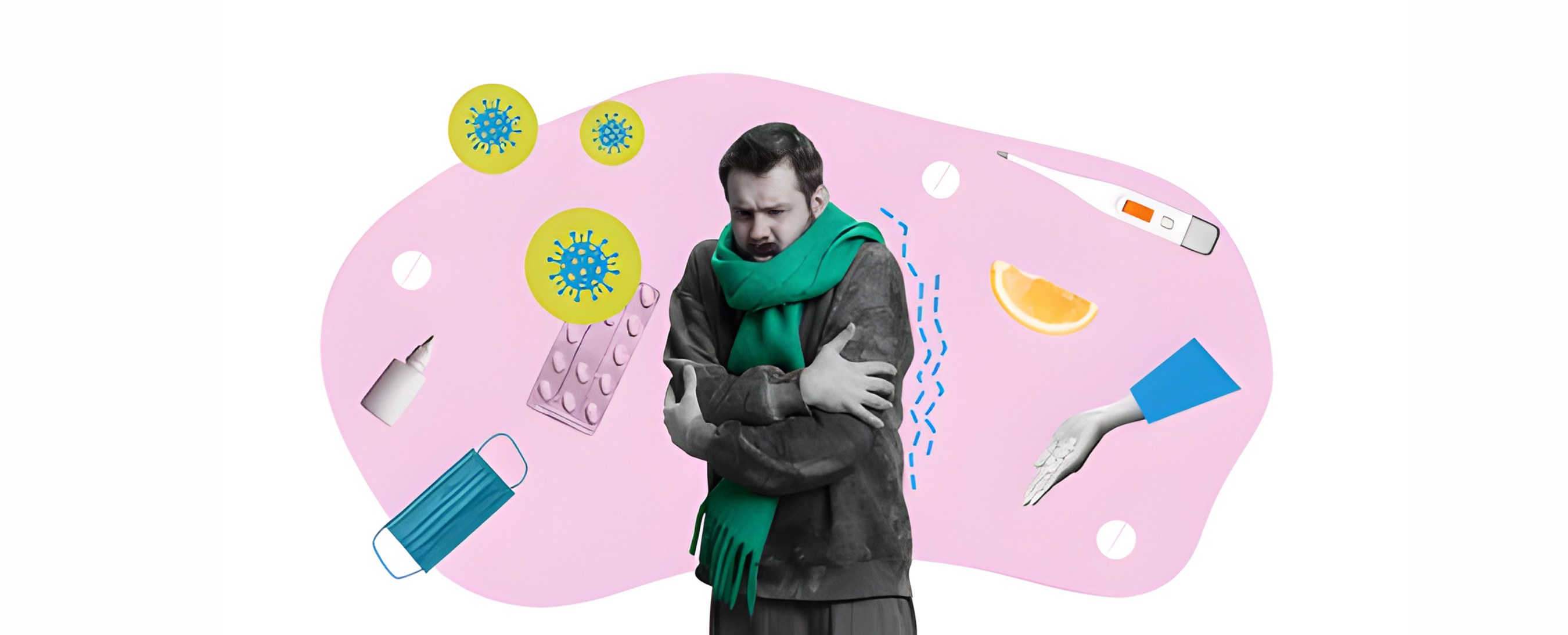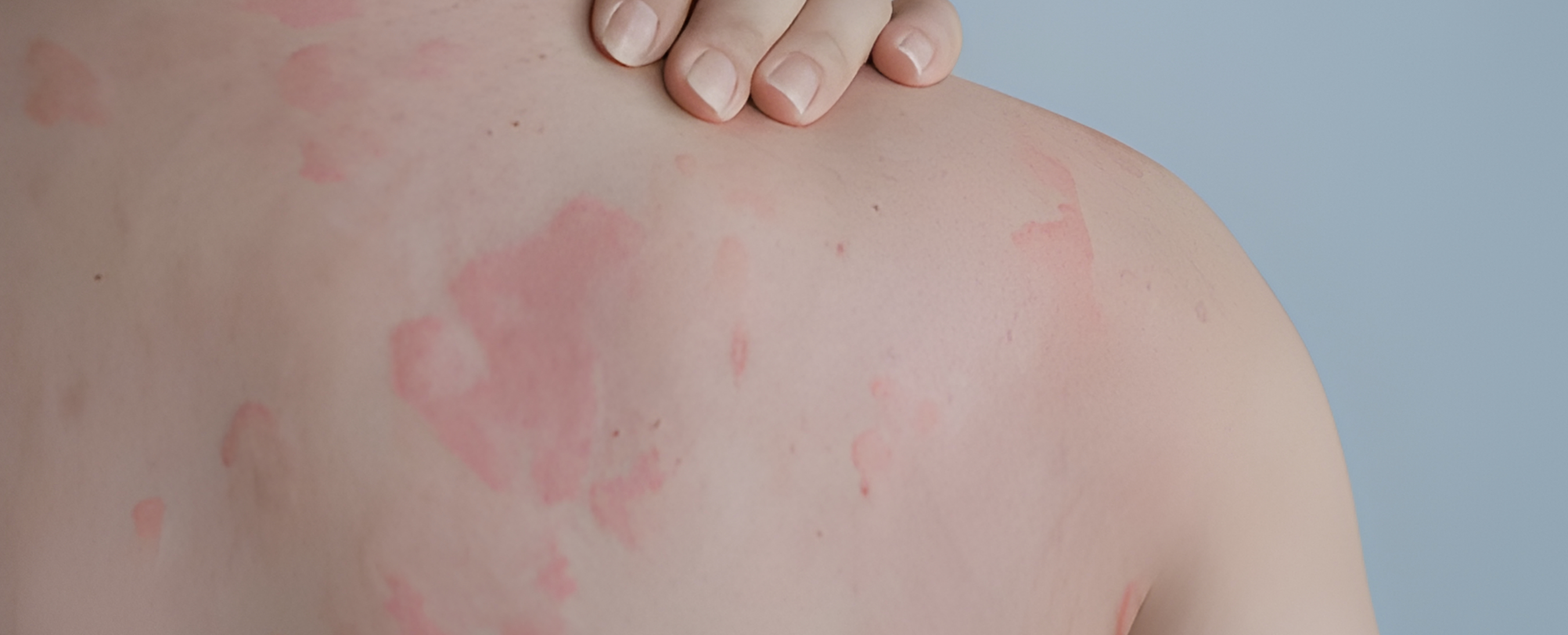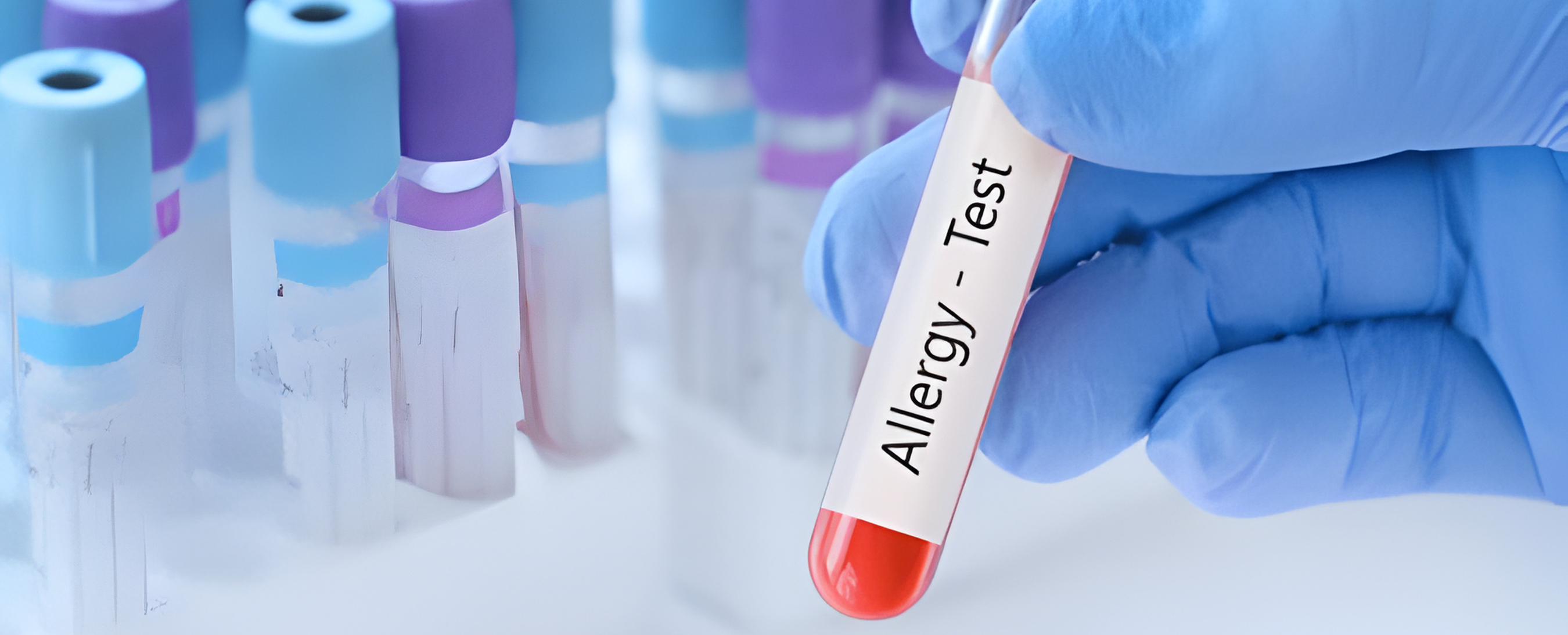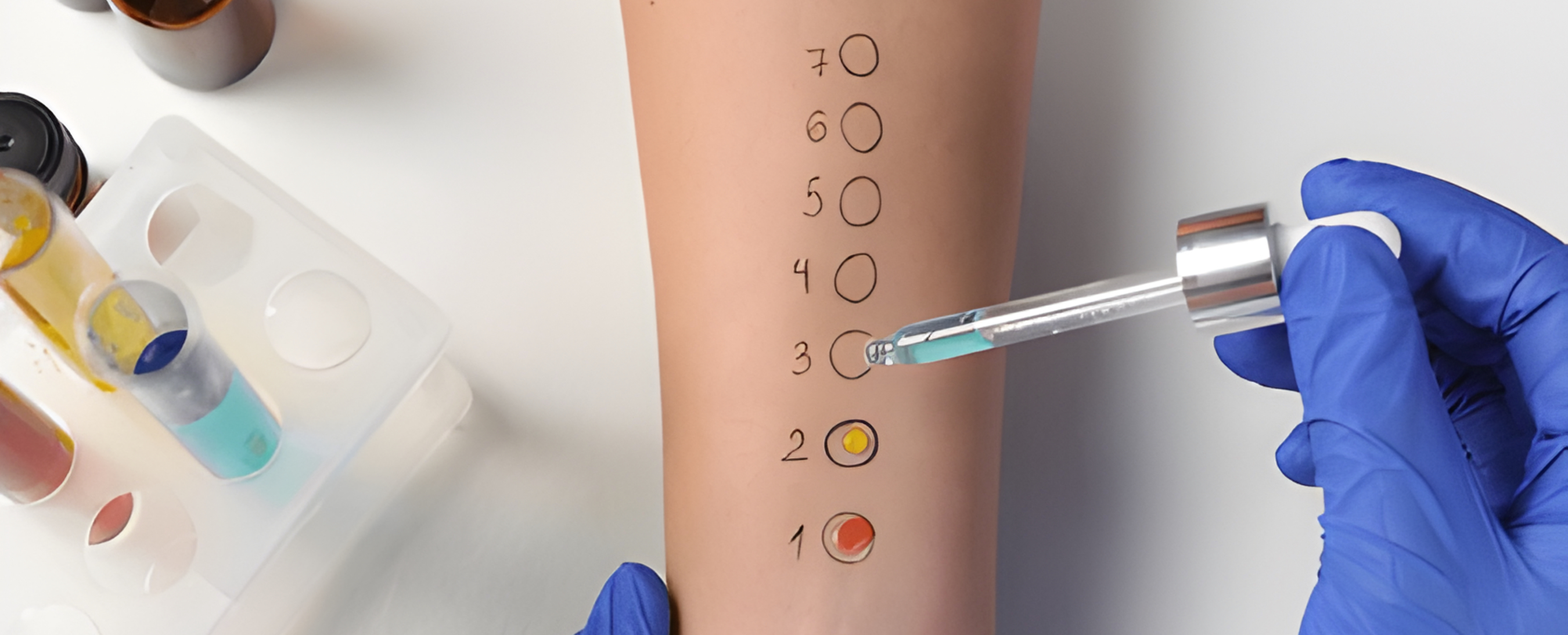The Hidden Health Crisis: Allergy Testing in Delhi NCR - When Your Body Fights Back
Published by LabBuddy Team | 10 minutes read

A Morning in Delhi NCR: The Allergy Struggle
Every morning at 6:30 AM, a young marketing professional begins her day with a ritual she wishes she could skip. The moment she steps out of her air-conditioned apartment, her eyes start watering, her nose begins running, and within minutes, she's sneezing uncontrollably.
"I thought it was just the pollution," she recalls. "But then it started happening indoors too. My colleagues joked that I was allergic to work, but the reality was far more serious."
What she didn't realize was that she had become part of a growing epidemic sweeping across Delhi NCR – a surge in allergic conditions that's turning the region into what experts now call "India's Allergy Capital."
The Great Delhi NCR Allergy Epidemic: Numbers That Tell a Story
The startling statistics:
- 70% of Delhi NCR residents show positive reactions to at least one allergen
- Respiratory allergies have increased by 300% in the last decade
- Food allergies among children have doubled since 2015
- Environmental allergies affect 8 out of 10 urban professionals
- Skin allergies have become the third most common reason for doctor visits

Understanding Allergy Testing: The Scientific Approach
Types of Allergy Tests
1. Skin Prick Test (SPT) The most common and immediate allergy detection method.
How it works:
- Small amounts of allergens are placed on your skin
- Skin is gently pricked to allow allergen entry
- Results appear within 15-20 minutes
- Positive reaction shows as raised, red bumps
What it detects:
- Environmental allergens (pollen, dust mites, mold)
- Food allergens (nuts, dairy, eggs, wheat)
- Animal dander
- Insect venom
2. Specific IgE Blood Test (RAST) Measures antibody levels in blood.
Advantages:
- No risk of severe allergic reactions
- Can be done while taking antihistamines
- Useful for patients with severe skin conditions
- Quantifies allergy severity
3. Component-Resolved Diagnostics (CRD) Advanced molecular allergy testing.
Breakthrough technology:
- Identifies specific protein components causing allergies
- Predicts severity of allergic reactions
- Helps distinguish between true allergies and cross-reactions
- Guides personalized treatment plans

The Delhi NCR Allergy Landscape: Environmental Culprits
Air Quality Challenges
Seasonal Pollen Calendar:
- February-April: Tree pollens (neem, eucalyptus, mango)
- May-July: Grass pollens peak season
- August-October: Weed pollens dominate
- November-January: Fungal spores increase
Urban Pollution Multipliers:
- Vehicle emissions enhance allergen potency
- Construction dust creates year-round irritation
- Industrial pollutants weaken immune responses
- Reduced air circulation traps allergens
Indoor Allergy Triggers
The Hidden Enemies:
- Dust mites: Thrive in Delhi NCR's humidity
- Mold spores: Monsoon season explosions
- Pet dander: Increasing pet ownership
- Cockroach allergens: Urban apartment reality
- Chemical irritants: Cleaning products, air fresheners

Corporate and Workplace Allergies
An IT professional discovered his allergies had a corporate twist. His symptoms followed a pattern – worse during weekdays, better on vacations.
Workplace Allergy Triggers:
- Office carpet dust mites
- Air conditioning mold
- Printer toner particles
- Cleaning chemical residues

Children's Allergy Concerns
A young mother noticed her child constantly rubbing his eyes and having dark circles despite adequate sleep.
Pediatric Allergy Insights:
- Multiple food allergies (eggs, nuts, soy)
- Environmental sensitivities (dust, pollen)
- Exercise-induced symptoms

Preparing for Allergy Testing
Pre-Test Guidelines
- Stop antihistamines 3-7 days before testing
- Continue other medications unless advised otherwise
- Avoid topical steroids on test areas
- Inform about current symptoms and medications
What to Bring
- List of suspected allergens
- Symptom diary
- Current medications list
- Previous allergy test results

Understanding Allergy Severity
Severity Classifications
Class 0: No reaction (< 0.35 kU/L)
Class 1: Low reaction (0.35-0.70 kU/L)
Class 2: Moderate reaction (0.70-3.50 kU/L)
Class 3: High reaction (3.50-17.5 kU/L)
Class 4: Very high reaction (17.5-50 kU/L)
Class 5: Extremely high reaction (50-100 kU/L)
Class 6: Maximum reaction (> 100 kU/L)

Treatment and Management Strategies
Environmental Changes
- Replace carpets with hardwood flooring
- Install HEPA air purifiers
- Weekly hot water washing of bedding
- Use hypoallergenic pillow and mattress covers
Dietary Modifications
- Reduce potential trigger foods
- Switch to alternative food options
- Increase anti-inflammatory foods
- Consult with nutrition experts
Medical Management
- Prescribed antihistamines for high-pollen days
- Emergency medication (if recommended)
- Regular follow-up testing
- Consider immunotherapy options

Cost and Accessibility in Delhi NCR
Testing Investment
Basic Allergy Panel: ₹3,000-₹6,000
Comprehensive Allergy Assessment: ₹8,000-₹15,000
Advanced Molecular Testing: ₹15,000-₹25,000

Prevention Strategies
Environmental Control
- Use HEPA air filtration systems
- Control indoor humidity
- Regular deep cleaning
- Monitor air quality
- Strategic timing of outdoor activities
The Future of Allergy Management
Emerging Trends
- Genetic allergy risk profiling
- Personalized immunotherapy
- AI-powered symptom prediction
- Digital health tracking
- Telemedicine consultations

Conclusion
Allergies don't have to control your life. With proper testing, understanding, and management, you can reclaim your health and comfort.
Key Takeaways:
- Allergies are increasingly common in Delhi NCR
- Comprehensive testing provides clear answers
- Management strategies are highly effective
- Early detection prevents complications
- Professional guidance is essential
Remember: Every sneeze, every watery eye, every unexplained rash is your body trying to tell you something. Listen to it. Test for it. Take control of it.
Your allergy-free life is just one test away.



